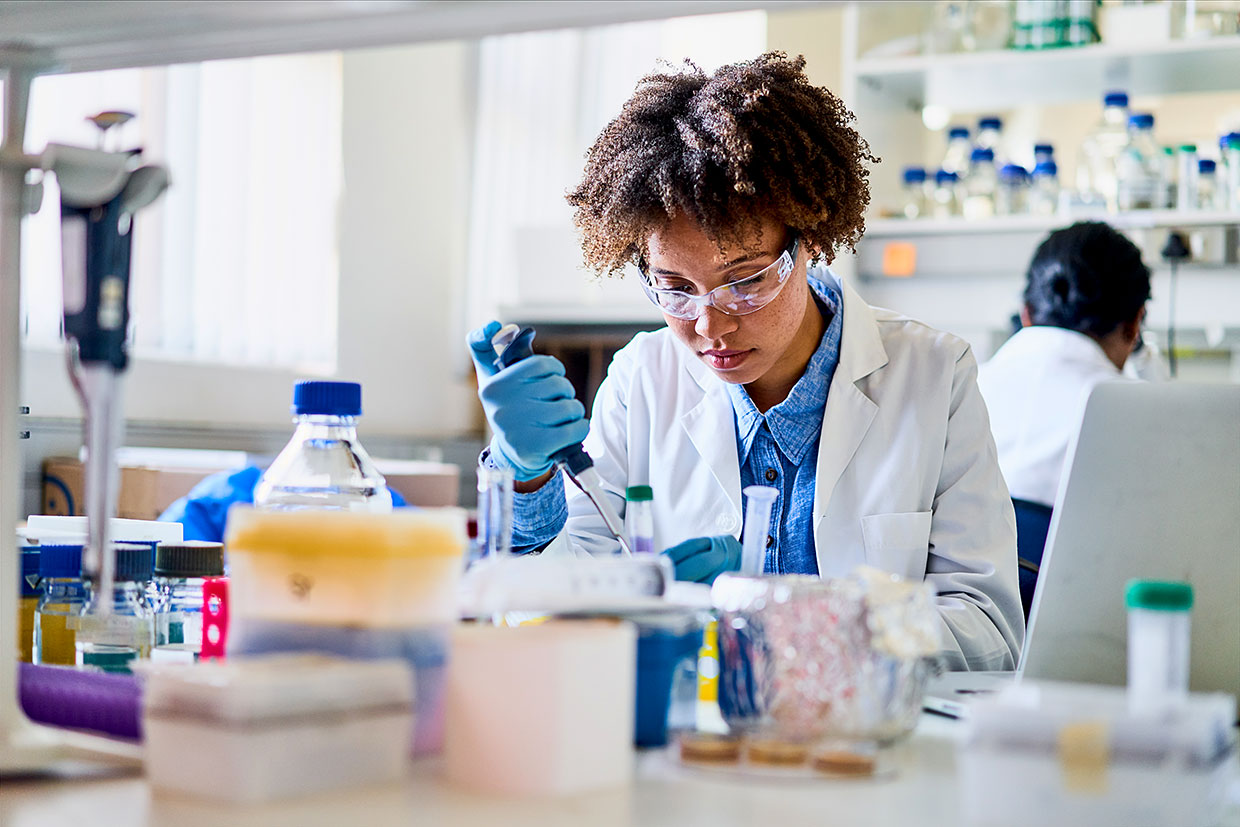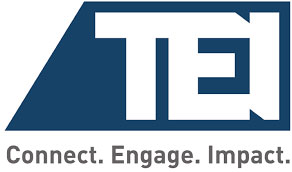Texas Adopts Retroactive Amendments that Significantly Limit Research Credit Claims
Cate Stewart, MASSIE R&D Tax Credits
Briefly mentioned in the last MASSIE Best Practice Newsletter, the Texas Comptroller filed final amendments to its franchise tax rule for research and development (R&D) activities on October 4, 2021, and the amendments were published in the Texas Register on October 15, 2021. The amendments include departures from the federal research credit rules and further limit Texas research credit claims in two key areas.
Internal Use Software
The Comptroller’s rule specifically excludes the development of internal use software form qualified activities, meaning that costs incurred to develop internal use software do not qualify for the Texas research credit. Further, the amendments define internal use software as computer software developed by, or for the benefit of, the taxable entity primarily for internal use by the taxable entity. This means that the scope of internal use software is broader in Texas versus federally as it expands beyond software that serves a general and administrative function to any software that is used primarily for internal use, regardless of function. The only exception provided under the Texas franchise tax rule is computer software that is developed to be commercially sold, leased, licensed, or otherwise marketed for separately stated consideration to unrelated third parties.
Process of Experimentation
The Comptroller’s rule provides a higher bar for qualified research to constitute a process of experimentation by requiring that a process of experimentation must involve the identification and the conduct of a process of evaluating alternatives through, for example, modeling, simulation, or a systematic trial and error methodology. The rule goes on to provide that non-experimental methods, such as simple trial and error, brainstorming, or reverse engineering, are not considered a process of experimentation. Several factors are listed to determine whether a trial and error methodology is experimental or non-experimental including whether the person conducting the trial and error methodology stops testing alternatives once a single acceptable result is found or continues to find multiple acceptable results for comparison.
Other departures from the federal research credit rules in the recently published Texas amendments include establishing with clear and convincing evidence that expenses claimed are eligible for the credit and that Treas. Reg. Section 1.174-2 regarding pilot models and prototypes do not apply to the Texas research credit.
The rules are retroactive and apply to franchise tax reports originally due on or after January 1, 2014.
FOR MORE INFORMATION
To speak with one of our experts or for a free evaluation of your R&D tax credits, please contact us at 678.807.7228 or [email protected]. We’d love to hear from you!





